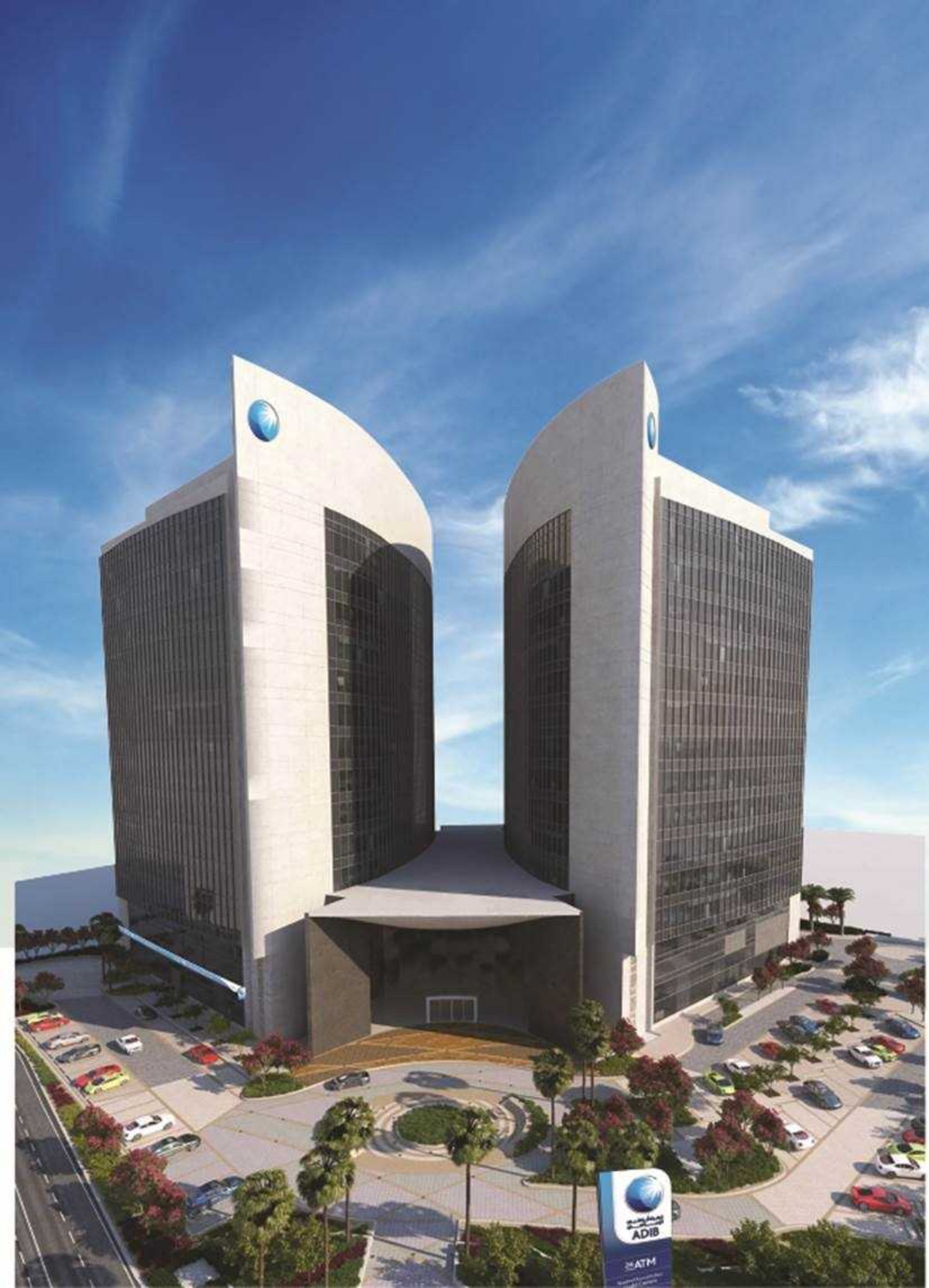Abu Dhabi, UAE — Abu Dhabi Islamic Bank (ADIB) today announced a 16 percent year-on-year increase in pre-tax net profit for the first half of 2025, reaching AED 4 billion ($1.08bn), reflecting strong balance sheet growth, continued business momentum, and a rising customer base.
The bank delivered another record performance in Q2 2025, with pre-tax net profit up 14 percent year-on-year to AED2 billion.
Net profit after tax for the first half reached AED3.5 billion, up 15 percent versus H1 2024. For the second quarter, net profit reached AED1.8 billion, an increase of 13 percent compared to the same period last year.
Total income for H1 2025 rose 11 percent to AED5.9 billion, up from AED5.3 billion in H1 2024.
This robust growth was driven by strong performance across all core business segments, supported by diversified income streams and continued expansion of fee-based activities.
Income from funding grew 9 percent year-on-year to AED3.6 billion in H1 2025, compared to AED3.3 billion in the previous year, backed by increased business volumes and the bank’s ability to generate sustainable returns despite lower market profit rates.
Net profit margin stood at 4.27 percent, within the bank’s target range, reflecting volume growth and effective balance sheet management.
Non-funding income rose 15 percent year-on-year to AED2.3 billion in H1 2025, up from AED2 billion in the prior-year period.
The growth in non-funding income was largely driven by a 28 percent increase in fee income, attributed to higher product sales across both retail and corporate segments, reflecting stronger customer activity and successful cross-selling initiatives.
Non-funding income now contributes 39 percent of total operating income, underscoring the bank’s continued strategic focus on income diversification.
The cost-to-income ratio improved to 28.2 percent in H1 2025, down 40 basis points from 28.6 percent in H1 2024, driven by higher revenue and ongoing productivity measures.
Operating expenses rose 9 percent year-on-year to AED1.7 billion in H1 2025, reflecting continued investment in talent, digital initiatives and emerging technologies.








